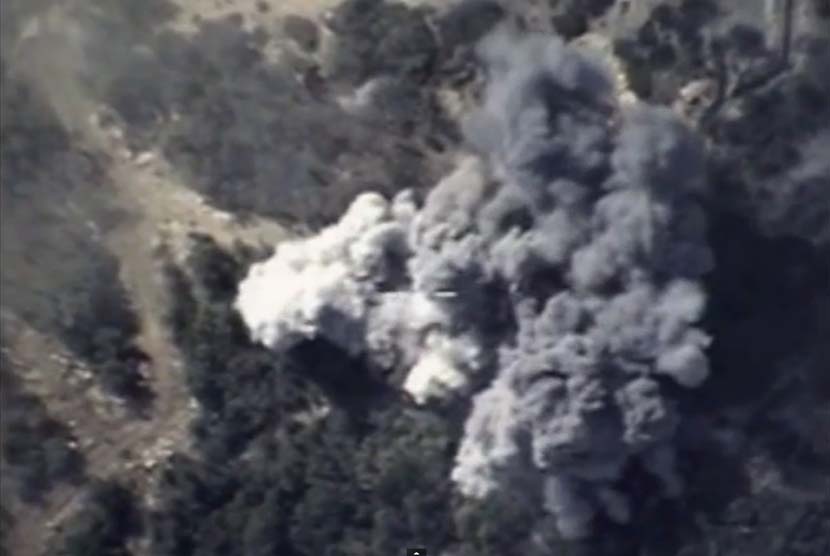REPUBLIKA.CO.ID, BEIRUT -- Photographs of thousands of people who reportedly died in government detention centres in Syria present "damning evidence" of crimes against humanity, Human Rights Watch said Wednesday.
The rights group conducted a nine-month investigation into more than 28,000 photographs smuggled out of Syria by a military defector codenamed Caesar.
The pictures appeared to show the bodies of some 6,000 Syrian detainees -- often bearing marks of torture or starvation -- who allegedly died in government detention centres or after being transferred to military hospitals.
"We have meticulously verified dozens of stories, and we are confident the Caesar photographs present authentic -- and damning -- evidence of crimes against humanity in Syria," said Nadim Houry, HRW's deputy Middle East director.
"These photographs show peoples' children, their husbands, their beloved family members, and friends that they spent months or years searching for," Houry said.
Out of thousands of photos, HRW researchers identified 27 individuals and collected accounts from friends, families, and fellow detainees to piece together their stories.
The watchdog said one of the victims, 14 year-old Ahmad al-Musalmani, died in government detention after being held for having an anti-regime song on his mobile phone in 2012.
Ahmad's uncle, Dahi al-Musalmani, spent years trying to find his nephew as well as more than $14,000 in bribes to secure his release.
Dahi finally identified his nephew in Caesar's photos.
"I went directly to the folder of the Air Force Intelligence, and I found him," he told HRW, breaking down while talking.
"It was a shock. Oh, it was the shock of my life to see him here. I looked for him, 950 days I looked for him. I counted each day. When his mother was dying, she told me: 'I leave him under your protection.' What protection could I give?"
HRW called on countries seeking peace talks on Syria's crisis to prioritise the release of thousands of detainees.
It said Russia and Iran, as the top backers of Syrian President Bashar al-Assad, have a "particular responsibility" to secure immediate access to detention centres for international monitors.
"The government registered these deaths, processing dozens of bodies at a time, while taking no action to investigate the cause of death or to prevent yet more people in their custody from dying," Houry said.
"Those pushing for peace in Syria should ensure that these crimes stop and that the people who oversaw this system ultimately face accountability for their crimes."


